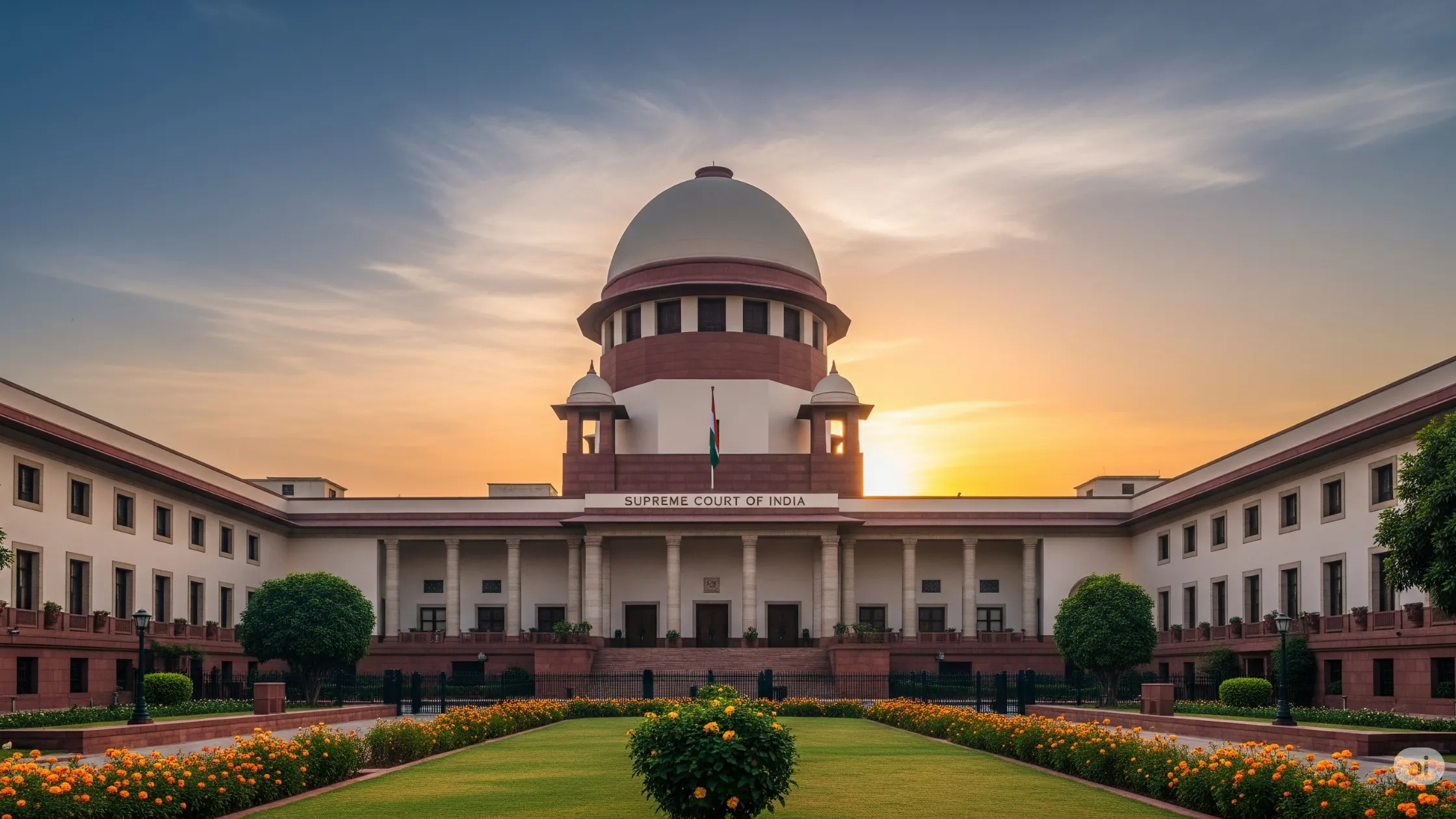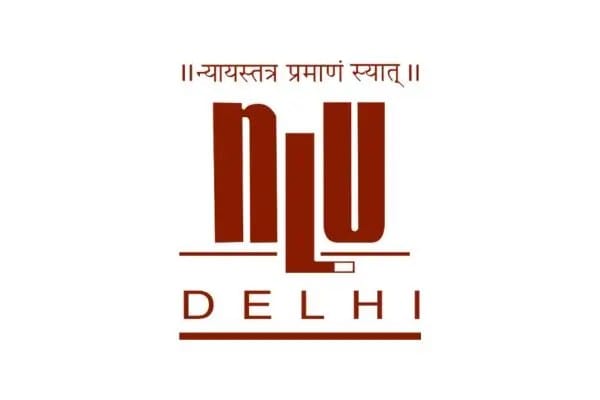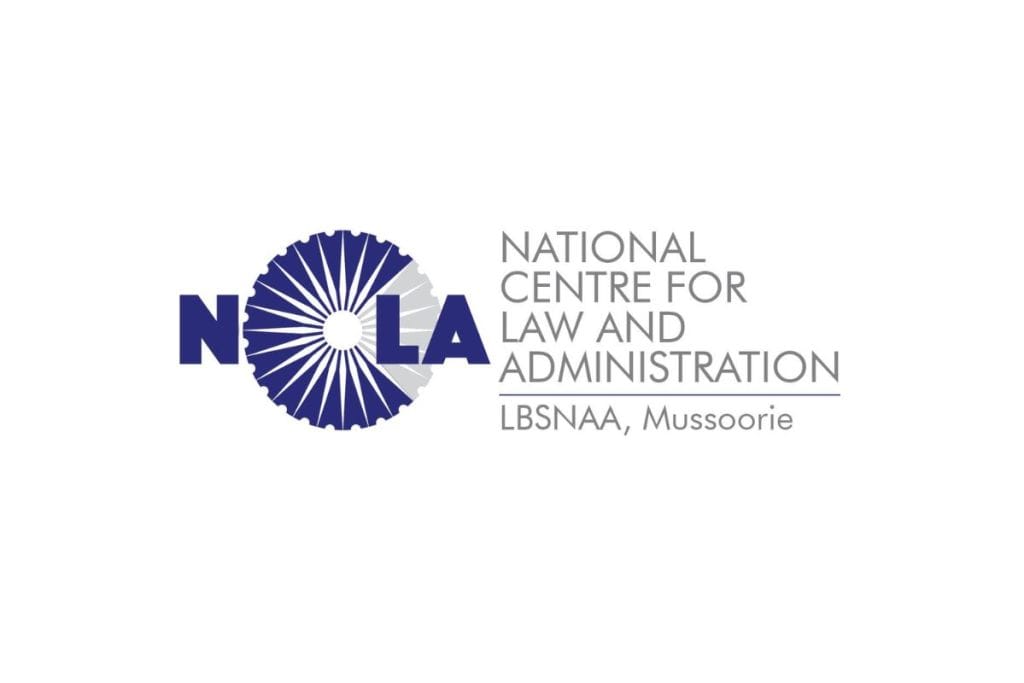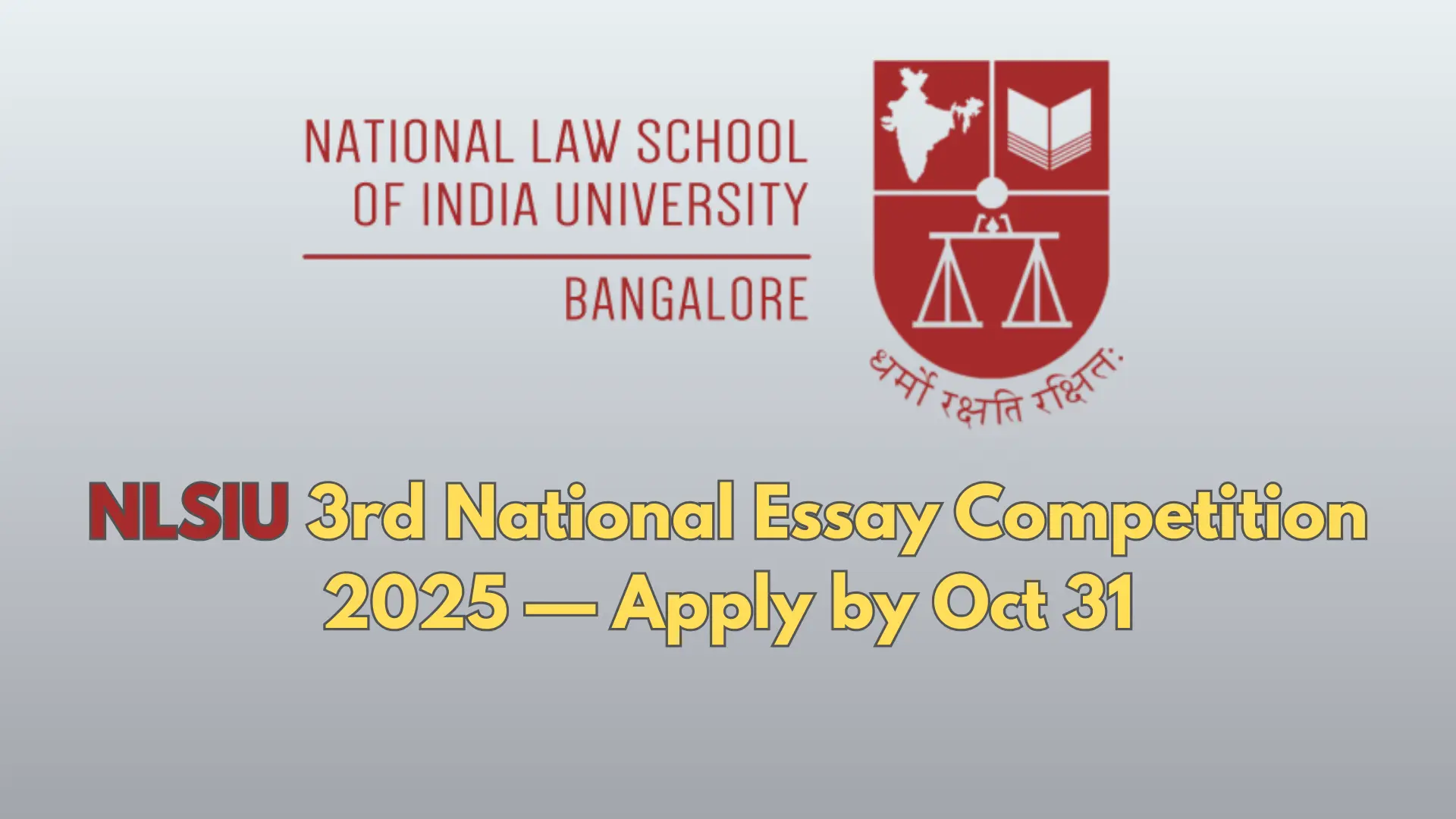Bail is supposed to give you your life back while you fight your case, not turn your life into a 24/7 surveillance project. Yet, that’s exactly what Frank Vitus, a Nigerian national, faced after spending nearly a decade in Indian custody over drug charges. Even when he finally secured bail, it came with conditions so invasive they seemed straight out of a dystopian thriller: share a Google Maps PIN so the police could track him everywhere he went and convince his embassy to write a character certificate before walking free. This case became a historic reminder that bail cannot be weaponized as a punishment.
The Supreme Court’s decision in Frank Vitus v. Narcotics Control Bureau doesn’t just change one man’s fate; it reshapes bail jurisprudence, strengthens privacy rights, and sets an important precedent for foreign nationals navigating India’s criminal justice system.
The Backstory: A Decade of Detention Before Bail
Frank Vitus was arrested on 21 May 2014 under the Narcotic Drugs and Psychotropic Substances Act, 1985 (NDPS Act), facing charges under Sections 8, 22, 23, and 29 for drug possession and trafficking. What followed was a nightmarish 8-year detention as an undertrial—a stark example of how slow justice can crush lives. When bail was finally granted in May 2022, it came at a steep price:
- A ₹1,00,000 bail bond with two sureties.
- A certificate from the Nigerian High Commission promising he wouldn’t abscond.
- Dropping a Google Maps PIN to let the Narcotics Control Bureau (NCB) monitor his movements.
Instead of feeling relief, Vitus had to challenge these absurd and burdensome bail conditions in the Supreme Court.
Supreme Court Ruling: Privacy Takes Center Stage
On 8 July 2024, the Supreme Court delivered a powerful judgment that challenged the creeping normalization of surveillance in bail proceedings.
1. Google Maps Tracking – A Privacy Violation
The Court struck down the condition requiring real-time Google Maps tracking, calling it a direct infringement of Article 21 (Right to Privacy). Google’s affidavit confirmed that dropped pins do not provide continuous tracking, proving the condition was not only invasive but technically pointless. Bail is meant to restore liberty—not replace jail with digital chains.
2. Embassy Certificate – An Unreasonable Burden
The Court found it unacceptable to tie an accused’s liberty to the actions of a foreign embassy, especially when delays were beyond the accused’s control. It held that bail cannot depend on foreign governments. Instead, practical safeguards like surrendering passports or regular police reporting should suffice.
This was more than a procedural tweak. It signaled that India’s justice system must stop discriminating against foreign nationals and treat them with dignity.
The 2025 Follow-Up: Less Red Tape, More Justice
On 6 January 2025, the Court addressed another bureaucratic hurdle: should a Foreign Registration Officer (FRO) be made a party to every bail application involving a foreigner? The Court’s answer: no.
Unless charges under the Foreigners Act, 1946 are in play, the FRO does not need to be impleaded in bail hearings. Courts should notify relevant authorities after granting bail but avoid procedural overkill. This judgment made bail for foreigners faster, less complicated, and more humane.
Why This Case Is a Legal Landmark
Bail Shouldn’t Feel Like Prison Lite
This judgment is a major win for privacy rights and a reminder that bail is a constitutional right, not a privilege. Courts have the power—and responsibility—to impose reasonable restrictions, but this ruling makes it clear that surveillance masquerading as security is unconstitutional.
No More Discrimination Against Foreign Nationals
For too long, foreign undertrials have been subjected to extra hurdles. By striking down embassy certificates as a bail prerequisite, the Court reinforced that all accused persons deserve fair, equal treatment under the law, regardless of nationality.
Streamlining Bail Procedures
This ruling doesn’t just protect individuals; it improves system efficiency. By removing unnecessary impleadments, courts can grant bail without drowning in paperwork, keeping the focus on justice rather than bureaucracy.
Addressing Flight Risk Creatively
The Court didn’t dismiss government concerns about flight risk. Instead, it pointed to better, less intrusive alternatives like electronic anklet monitors, house arrest, and frequent reporting requirements—measures that balance liberty with accountability.
Broader Implications for India’s Justice System
Frank Vitus’s case highlights a critical flaw: undertrial detention in India often outlasts actual sentences. Spending eight years behind bars without a conviction is a shocking indictment of our legal system. The Supreme Court’s intervention shows why bail jurisprudence needs reform to prevent justice from becoming punishment.
For law students, this is a brilliant case study in constitutional interpretation, privacy law, and procedural fairness. It’s a clear example of how courts can innovate while protecting fundamental rights.
Key Takeaways
- Case Citations: 2024 INSC 479; 2025 INSC 30; (2025) 1 S.C.R. 184.
- Bail conditions like Google Maps tracking are unconstitutional.
- Embassy certificates cannot be a bail requirement.
- Foreign Registration Officer impleadment is not mandatory unless charges under the Foreigners Act apply.
- The judgment balances privacy, liberty, and state interests in a way India’s bail law rarely has.
Final Thoughts: Justice Beyond Borders
Frank Vitus’s story is more than a legal battle; it’s proof that constitutional rights are universal. Even in serious NDPS cases, courts must ensure bail conditions are fair, proportionate, and legally sound. This landmark judgment tells every lawyer, student, and policymaker: liberty is not negotiable.
The case is also a blueprint for reform—one that calls for fewer delays, smarter monitoring, and stronger protection of privacy. For foreign undertrials, it offers hope and sets a precedent for compassionate, sensible justice. For law students, it’s an inspiring reminder o








